Moving to Denmark as an Non-EU Citizen? Here’s what to know
As a non-EU citizen, moving to Denmark may seem complex, but with the right guidance, it’s entirely possible. From securing the right visa to navigating the job market and settling in, we’re here to help you every step of the way.
As a Non-EU Citizen, You need a Visa or Work Permit to Live in Denmark
For non-EU citizens, moving to Denmark requires a bit more paperwork and planning. Unlike EU citizens, you can’t simply show up and settle in without the proper visa or work permit. Whether you’re coming for work, studies, or family reasons, you’ll need to apply for the correct residence permit before entering Denmark.
Once you’ve received approval, you’ll need to register with the Danish authorities. This means getting a CPR number (your key to accessing healthcare, opening bank accounts, and more), registering your address, and ensuring you’re set up for taxes. Denmark’s residency rules can be strict, but with the right steps, you can quickly start your new life here, from finding a place to live to securing a job.
What to do
You Need a Residence or Work Permit
Before you can move to Denmark, you must apply for the appropriate residence permit. This could be for work, studies, family reunification, or other valid reasons. The application process typically requires proof of employment, sufficient funds, or enrollment in a recognized educational institution. Be sure to check the specific requirements for your situation before applying.
Registering with Danish Authorities is Mandatory
Once you arrive in Denmark, registering with the Danish authorities is essential. This includes obtaining a CPR number, which is needed to access public services such as healthcare and to open a bank account. You will also need to register your address with the local municipality.
Secure Housing Before You Move
Finding a place to live is a top priority. Denmark’s rental market can be competitive, especially in cities like Copenhagen. Be prepared to start looking early and gather necessary documentation for renting, such as proof of income and your residence permit. Whether you plan to rent an apartment or share housing, finding suitable accommodation should be one of your first steps.
Understand Taxation and Health Care – It’s Complicated
As a non-EU resident, you will be subject to Danish taxation, so it’s important to understand your tax obligations. Your CPR number will also give you access to the Danish healthcare system, ensuring that you are covered for medical needs. Be sure to familiarize yourself with the tax system and your rights to health services to avoid any surprises.
Integrating into Denmark
Denmark’s job market is strong, diverse, and open to international talent—especially in high-demand fields like tech, healthcare, and engineering. Here, we explore current job market trends, what Danish employers are looking for, and how to position yourself for success. If you’re aiming to find meaningful work in Denmark, this guide is your starting point.
Beware! Visa Rules Change Often
Visa rules in Denmark don’t stay the same for long—especially for non-EU citizens. Requirements, timelines, and application processes can shift quickly. If you’re planning a move or already preparing documents, it’s essential to double-check the latest rules. Click the link below to stay current and avoid costly surprises.
Recommended content
Explore Denmark
Vil Du Lære Dansk?
The Danish language can be a challenge, but it’s also a gateway to deeper integration and everyday ease in Denmark. In this guide, we explore how to learn Danish, what resources are available, and why even basic skills can make a big difference. Whether you’re just starting out or looking to improve, this is your roadmap to mastering Danish.
Danish Work-Life Balance
Denmark is world-renowned for its exceptional work-life balance, where a 37-hour workweek, flexible schedules, and generous vacation time are the norm. In this guide, we break down what makes Danish workplace culture so unique, how it benefits both employees and employers, and what you can expect when working in Denmark. If you’re seeking a healthier balance between work and life, Denmark sets the gold standard.
Featured Articles
Is Greenland Part of Denmark? It’s Complicated.
Greenland is part of the Kingdom of Denmark—but with a twist. While it has its own government and growing independence, Denmark still plays a major role in areas like foreign policy and funding. In this section, we break down the unique political, cultural, and economic relationship between Greenland and Denmark—what connects them, what separates them, and why it matters today.
Sorry Britannia—Denmark Really Does Rule the Waves. Here’s Why.
Denmark punches well above its weight when it comes to the sea. From global shipping giants to cutting-edge green maritime tech, Denmark has quietly become a world leader on the water. In this article, we dive into how this small nation outpaces the competition—and why it might just be the true ruler of the waves.
Contact/FAQs/Articles
Contact Us Anytime
Reach out to us for personalised advice or to schedule a consultation.
Thinking about moving to Denmark? We’re here to help! Whether you need guidance on work visas, residency permits, housing, or life in Denmark, our team is ready to provide clear, advice tailored to your situation.
Frequently Asked Questions (FAQs)
Here are quick answers to some of the most common questions people ask when thinking about moving to Denmark.
Learn More About Work/Life in Denmark
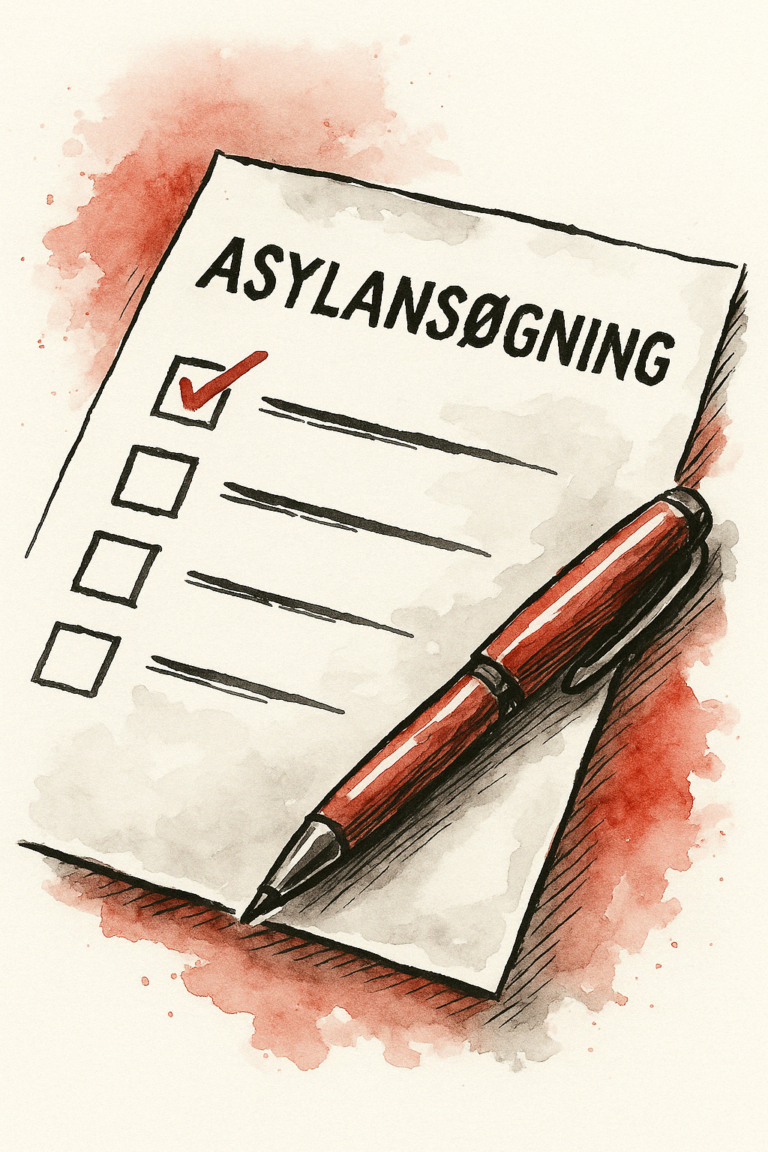
Special Visas Including Asylum in Denmark
Understanding special visas including asylum in Denmark is essential if you seek protection or specialized residency due to unique circumstances. This step-by-step guide will walk you logically through the entire process, clearly explaining each crucial stage. 1. Types of Special…
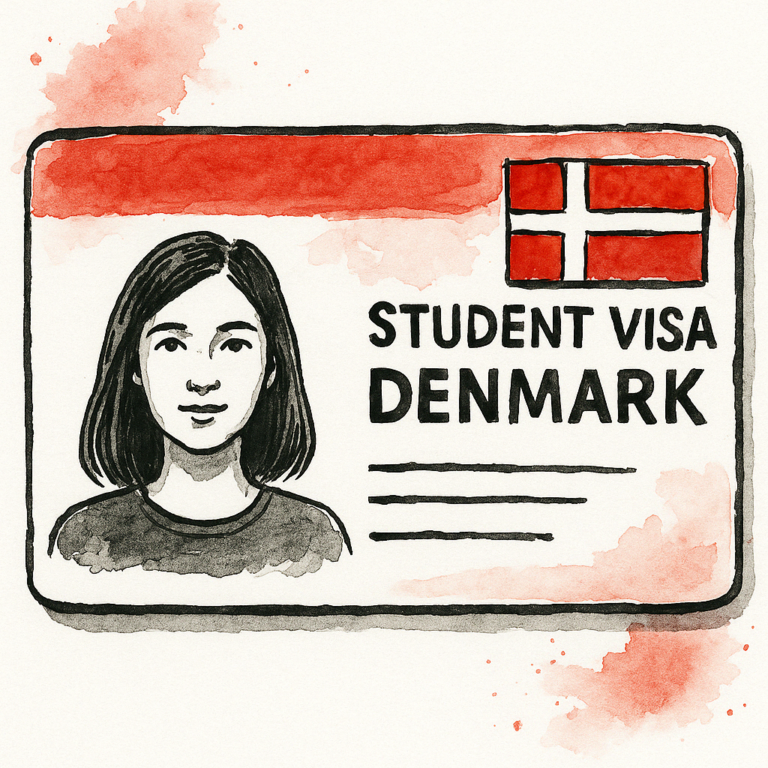
Study and Other Visas in Denmark
If you plan to study or stay in Denmark for reasons other than employment or family reunification, understanding the process of obtaining study and other visas in Denmark is crucial. This detailed guide covers everything from eligibility criteria to the…
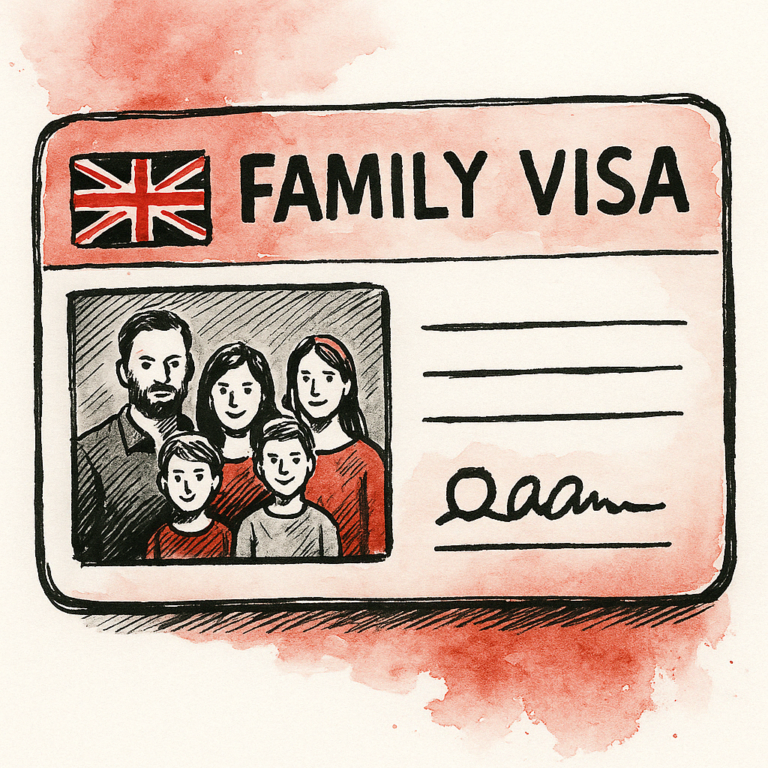
Family Reunification Visa in Denmark
If you’re planning to join your family in Denmark, understanding the process and requirements of a family reunification visa in Denmark is crucial. This guide thoroughly explains the application process, eligibility criteria, and compliance to help you smoothly reunite with…
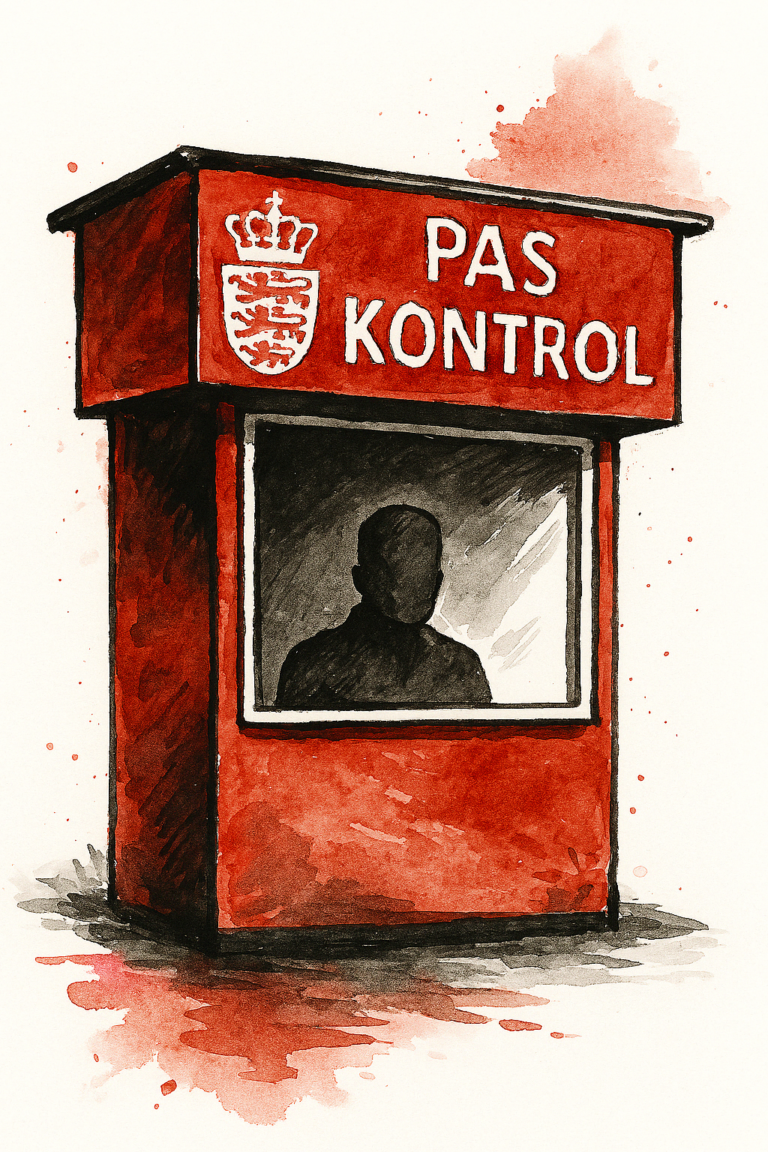
Long-Stay Visas & Residence Permits in Denmark
If you’re planning an extended stay in Denmark for work, study, or family reunification, understanding Long-Stay Visas (National Visas & Residence Permits in Denmark) is essential. This comprehensive guide covers the necessary steps, documentation, and compliance rules to smoothly navigate…
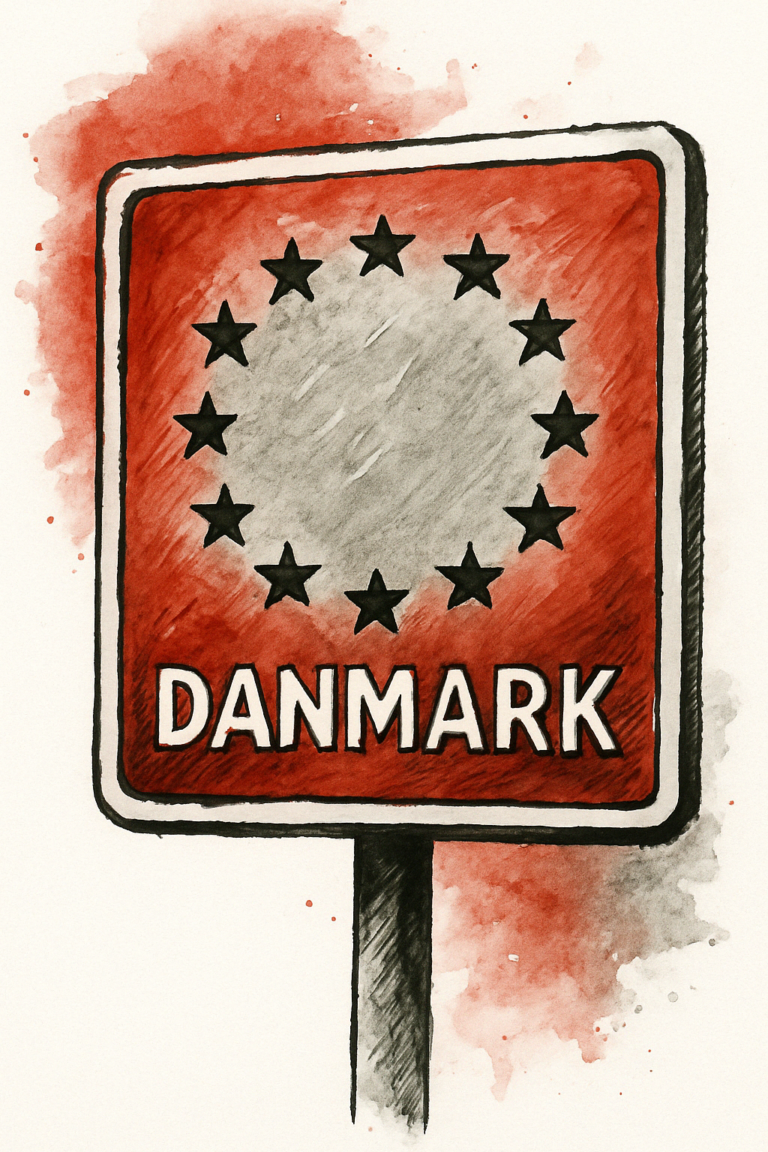
Short-Stay Visas in Denmark
Understanding short-stay visas (Schengen visas) is essential if you’re planning to visit Europe for tourism, business, or personal reasons. This guide provides comprehensive details on obtaining, using, and complying with the Schengen Visa rules, ensuring your travel plans go smoothly….
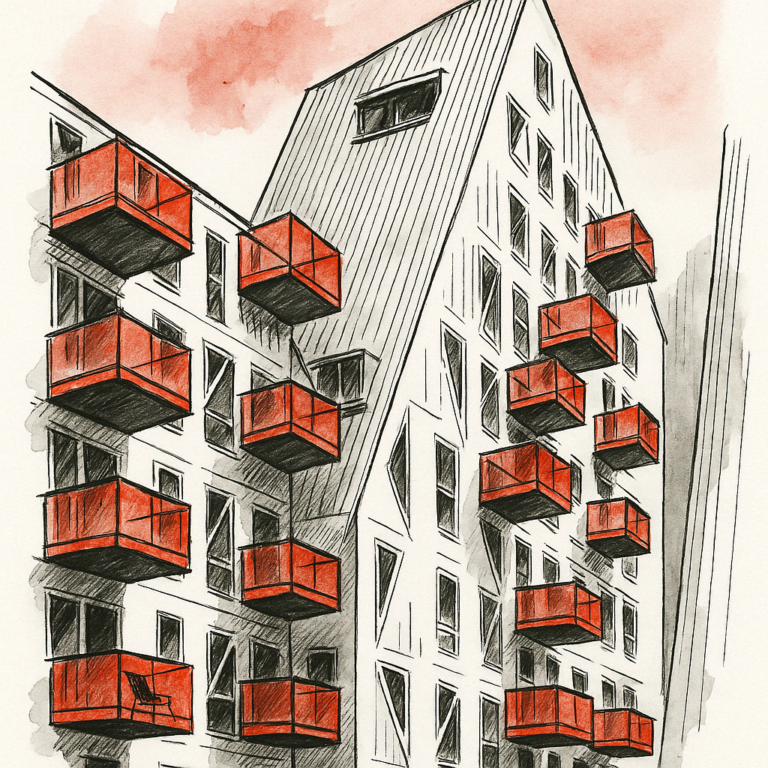
Healthcare in Denmark
Healthcare in Denmark is universally regarded as one of the best systems in the world. The country provides a high standard of healthcare services to its residents and expats, offering universal access through its publicly funded system. Whether you’re moving…
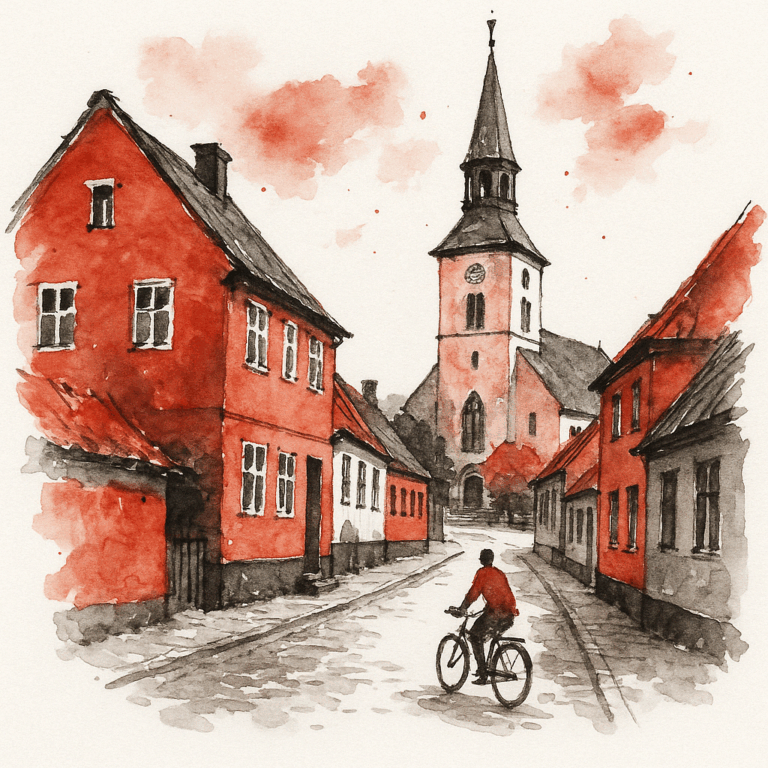
Everyday Life & Practicalities in Denmark
Everyday life & practicalities in Denmark are essential aspects for anyone planning to live, work, or travel to Denmark. Whether you’re a new expat, a tourist, or just curious about Danish culture, understanding how things work on the ground will…

Healthcare & Well-being in Denmark
Understanding healthcare & well-being in Denmark is essential for expats looking to settle in the country. Denmark offers a robust healthcare system that is publicly funded and provides a wide range of services for both residents and visitors. This guide…
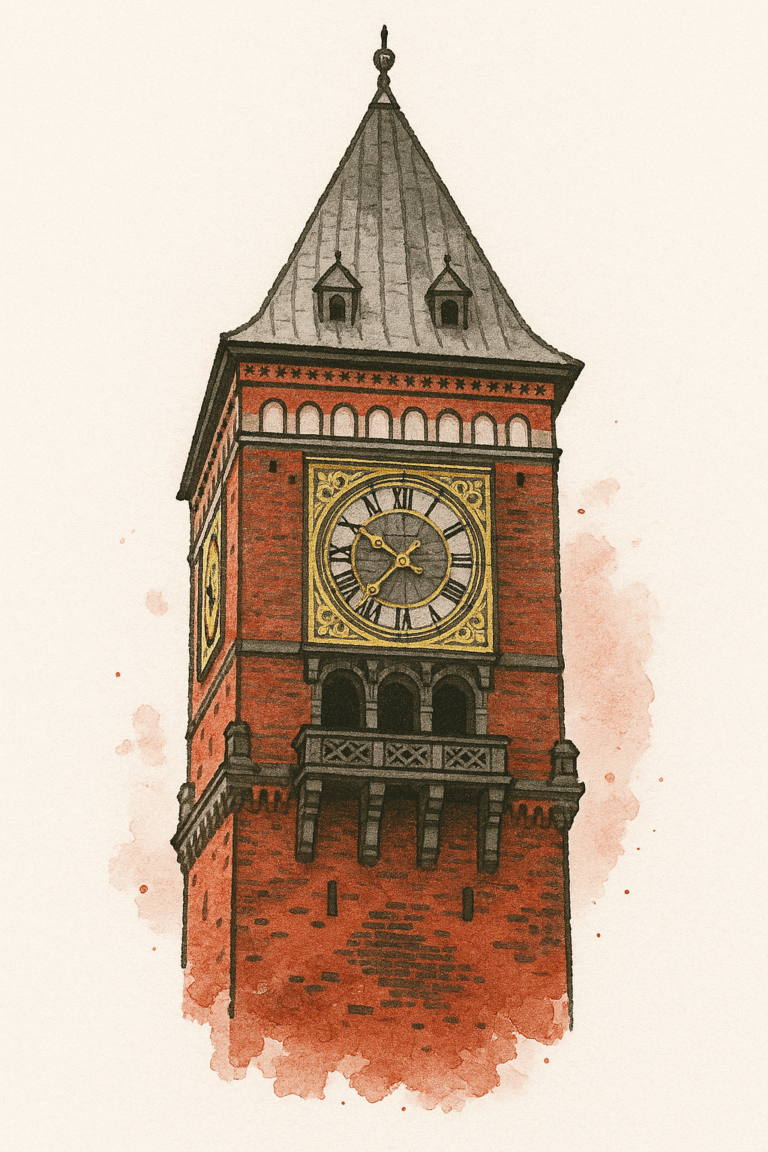
Danish Language Courses Copenhagen for Expats
If you’re an expat living in Copenhagen, learning Danish is one of the most important steps to integrate into Danish society. Whether you’re looking for free Danish classes Copenhagen for foreigners, affordable Danish language schools Copenhagen, or intensive Danish courses…
